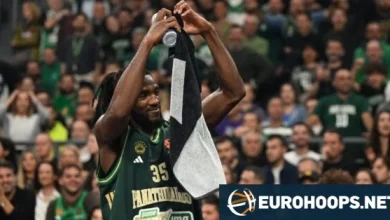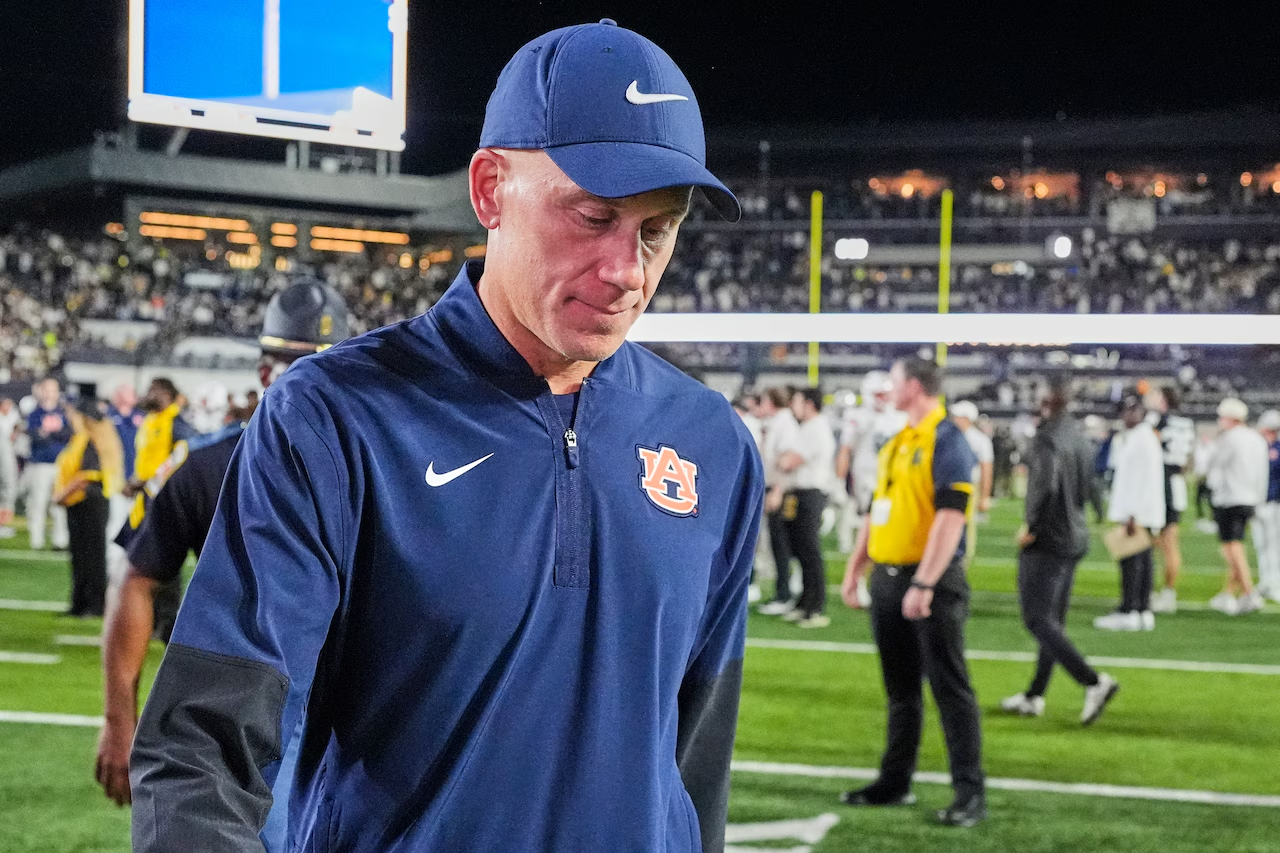The inside story of Daniel Naroditsky: Defamation and a public spat with Vladimir Kramnik

The tragic death of Daniel Naroditsky (on Monday, at his home in Charlotte, United States, at the age of 29) is the most extreme possible outcome of a trending wave of defamation: chess players suspect others of cheating with the help of computers — especially in online games, but also in real-life competition — and accuse them without providing any evidence. One of the main victims was Naroditsky himself, whose family has not revealed the cause of death.
Russian Vladimir Kramnik, crowned world champion in 2000 after dethroning Garry Kasparov, has undoubtedly pointed the finger most at other professional players in recent years. He insists he’s not accusing anyone and that he simply presents facts (mainly notable rises in the rankings) “to clean up the chess game,” but many people understand otherwise, and note that he also does so without providing any evidence.
Kramnik has been persistently insinuating for over a year that Naroditsky was cheating, using sophisticated arguments such as conducting a statistical study of where the U.S. player looked when he was playing online games, implying that he had an engine connected, one that calculates millions of moves per second to determine which is the best. Naroditsky, widely admired and with an impeccable reputation as a grandmaster and commentator, both among elite and amateur players, took the Russian’s bait and provided a variety of arguments to prove his innocence.
There is evidence, however, that Kramnik’s accusations had affected Naroditsky’s psychological balance. The clearest is his last stream (a live broadcast in which he commented and answered questions while playing rapid chess games) on Twitch last Saturday. In that now-deleted video, Naroditsky falls asleep while playing, frequently discusses Kramnik’s accusations, and appears deeply distressed. After watching it, Kramnik tweeted: “Typical nowadays [in the] world of chess, the only thing everyone cares about is ‘looking great’ and pretending there are no issues. Even if it’s about long-term major problems. Stop this double-faced hypocrisy for once and try to help solve them. Image isn’t everything.”
The next day, he added, referring to the image offered by the young chess player in the same video: “Got the stream episodes. Not a doctor but looks like something ‘very else’ than sleeping pills. Hope, if any, real friends of him will care.”
And this was his reaction after learning of Naroditsky’s death: “Too high price paid, but if I was the only person shouting about obvious long term problems of Danya [Naroditsky’s nickname] becoming alarming, requiring urgent measures from people, while ‘friends’ only cared about hiding it and erase evidence [referring to the removal of videos on Twitch], its rotten to the core.”
U.S. player Hikaru Nakamura, ranked second in the world and a millionaire for several years now thanks to his enormous success as a streamer, has been one of the most aggressive critics of Kramnik in recent months, repeatedly posting comments like “This guy is a disgrace to chess!” Nakamura reacted Monday to the death of his colleague and compatriot: “I’ll say it again, Kramnik can go f*** himself. He can go f*** himself and can go rot in hell.”
The comments of many other grandmasters and well-known players can be summed up by this one from one of India’s young stars, 21-year-old Nihal Sarin: “The relentless, baseless accusations and public interrogations he faced in recent months caused him immense pressure and pain. This has to stop. When respected figures spread unfounded allegations without accountability, real lives are destroyed.”
Daniel Naroditsky, in a screenshot from his Twitch stream last Saturday.Twitch
Although slander predominates, there are also blatant cases — though very few — in which the evidence is clear and the culprit is sanctioned by the World Chess Federation (FIDE). For example, that of 22-year-old Ukrainian Kiril Shevchenko (playing under the Romanian flag), who was disqualified from the Spanish Division of Honor League a year ago.
The most slippery and scandalous case until yesterday was the accusation — again without any evidence being provided — by the undisputed world number one, Norwegian Magnus Carlsen, against the American Hans Niemann (then 19 years old), who beat him in the third round of the Sinquefield Cup in St. Louis on September 4, 2022, when the Norwegian was unbeaten in 53 games.
Carlsen withdrew from the tournament; it was the first time he had done so in his life. Niemann, an unstable and abrupt character, acknowledged that he had cheated in online games when he was a minor, but maintained that he did not cheat in that match; an overwhelming majority of experts agreed with this last statement. The American sued the Scandinavian in court; there was an out-of-court settlement between the two, the extent of which is unknown, or whether it included financial compensation. In a decision that was difficult to understand and poorly explained, FIDE fined Carlsen €10,000 ($11,600) for withdrawing from the tournament and acquitted him of charges related to the accusation against Niemann, who is now among the world’s top 20 without a single indication of cheating in the past three years.
In addition to his attack on Naroditsky, two of Kramnik’s defamations were particularly jarring. His accusation against the Peruvian (under the Mexican flag) José Martínez Alcántara became a spectacle in the form of a highly scandalous duel between the two in Madrid, which the Latin American won. Even more outrageous for a large number of amateurs and professionals was Kramnik’s accusation a few months ago against 40-year-old Czech David Navara, universally respected and admired and always distinguished by his exquisitely polite behavior. Navara confessed that he even considered suicide. Spanish grandmaster Álvar Alonso said at the time: “Kramnik is the worst thing that has happened to chess in a long time.” Asked now by EL PAÍS, he “fully” reaffirms his position.
One of the most terrible consequences of making defamation commonplace is the blind support of many admirers when the defamer is a mass idol. This was the case in the Carlsen vs. Niemann case, although fortunately it hasn’t happened as intensely with Kramnik; rather, opinion has turned against him. Another side effect is widespread suspicion, which spreads like an unbounded oil slick.
A month ago, the 12-year-old Argentine prodigy Faustino Oro, a resident of Badalona in Spain, achieved one of the most precocious feats of all time by winning the Prodigies and Legends tournament in Madrid. There is a solid case to be made that no one in history has played as well as he did at 10 or 11 years old. However, many fans immediately accused the organizers and other tournament participants of rigging the whole thing. Two of the players, Spanish grandmasters Alan Pichot and Pepe Cuenca, responded angrily, denying everything. No chess expert has expressed the slightest doubt about the complete legitimacy of Oro’s career from the time he began playing, during the pandemic, until now. One wonders if Naroditsky’s death will cause trigger-happy defamers to take pause.
Sign up for our weekly newsletter to get more English-language news coverage from EL PAÍS USA Edition





